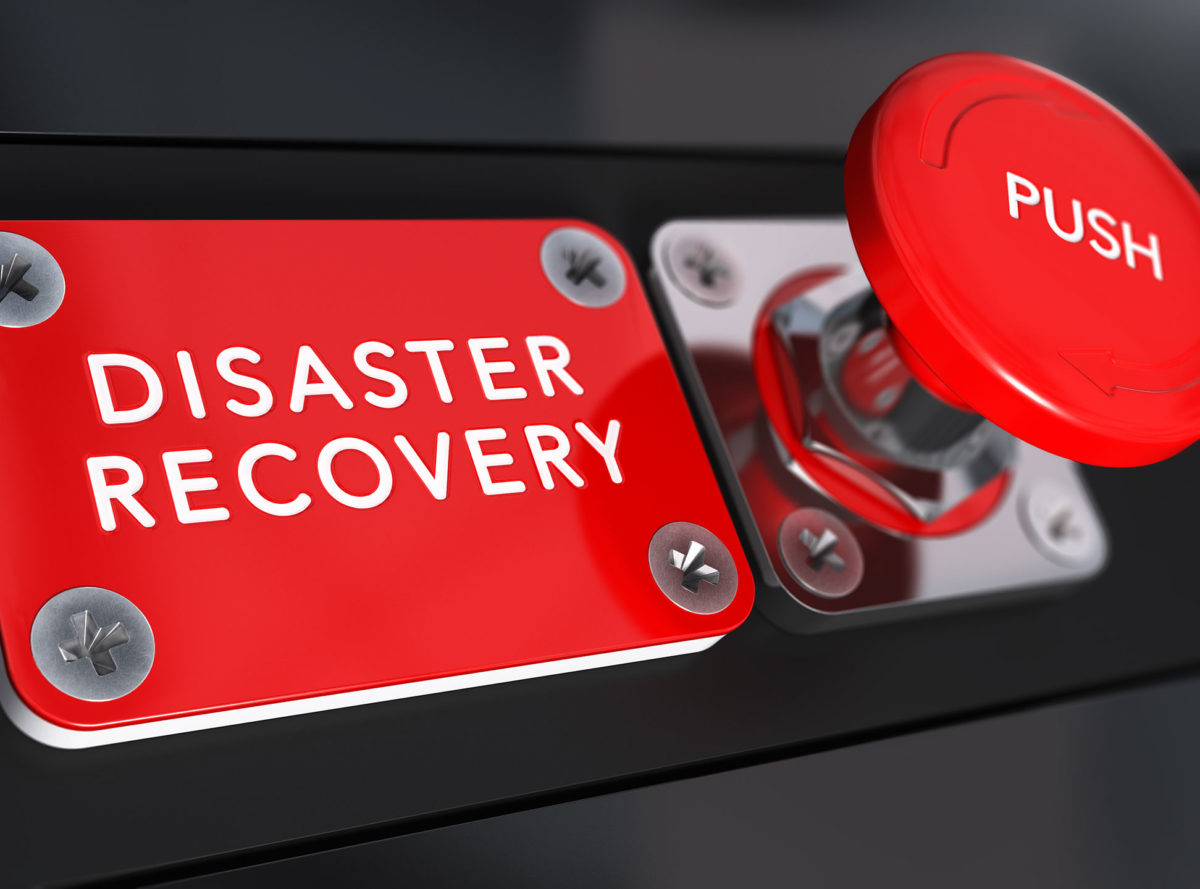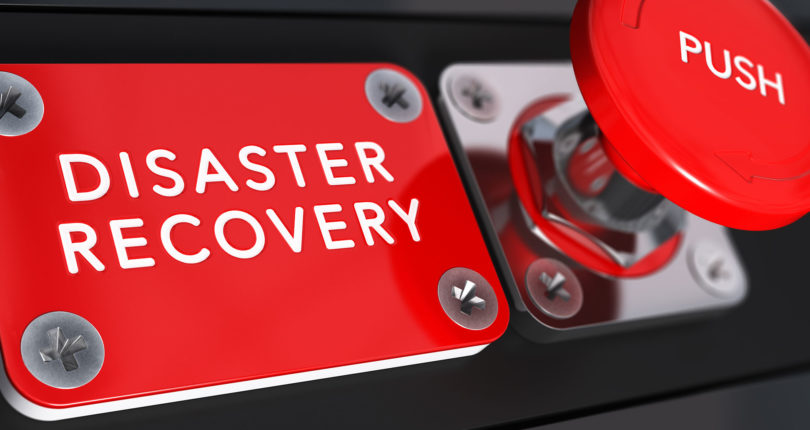Why data backup is essential for your small business
Do you have contingency plans for data loss? An organisation’s data is hugely valuable, yet there is often a lethargic approach to keeping it safe! Data backups are essential to protect you from the impact of critical data being hacked, corrupted or lost….

What is a data backup?
A data backup is simply a copy of your critical data that is regularly updated and kept in a safe place to be used in the event of human error, a cyberattack, natural disaster or technological failure. Rather than having to cross your fingers and wait for the recovery of lost data, using a data backup swiftly gets your organisation back to being fully operational without delays that could prove costly.
Why do I need to back up my data?
You need to back up your data because it is surprisingly easy to lose it! No organisation, no matter how large or small, is immune to data loss. Here are some potential data loss situations that your organisation could encounter:
- Human error. A moment’s lack of concentration or liquid spillages could result in the loss of data. According to a report by the Corporate Finance Institute (CFI), “human error is the root cause of most data loss in business as humans are, by nature, not perfect”.
- Power cut. Can easily occur, yet is potentially devastating.
- Cyberattacks such as malware, DoS (Denial of Service), supply chain attacks or malicious deletion (disgruntled employees/stakeholders).
- Natural disasters such as a fire, storm or flood
- Technology failure. If a device develops a fault or software becomes corrupted you won’t be able to transfer your data elsewhere.
- Theft of a device that holds the only copy of some critical data.
How data loss can impact your business
With most organisations adopting digital and online processes, data loss impacts all areas of the operation.
Data loss can lead to a shutdown because it becomes impossible to complete daily tasks such as fulfilling orders, paying bills or communicating with staff, customers and suppliers. This would obviously be financially disastrous.
Without access to data and financial software, you are unable to pay your employees which leads to disgruntlement and scepticism around your company’s financial position.
If recovery from data loss takes a long time there is a significant risk of reputational damage.
Cyberattacks: what kind of data do hackers want?
Cyberattacks that are targeted at stealing data can be devastating for businesses of all sizes. According to the government’s Cyber Security Breaches Survey, 32% of UK businesses and 24% of charities (no organisation is safe!) were subjected to a cyberattack over a 12 month period.
Your data is valuable to hackers, but what kind of data do hackers want? Here are some critical areas of your business that should be protected by data backups:
- Financial data – banking, reports, tax liability, invoices, projections and so on.
- Employee data – all personal information, bank accounts and employment history.
- Customer data – contacts, purchase history, buying patterns, shared sensitive information that competitors would find useful.
- Operational data – assets, supply chain information, inventories, work processes.
- Contractual data – supplier, customer and employee contracts.
- Compliance and legal data – health and safety documentation, intellectual property details, compliance documentation.
- Project data – designs, reports, project planning, communications.
The benefits of data backups: why should I back up my data?
- Backing up your data will protect your organisation from the impact of data loss.
- A data backup will protect your business from human error by providing a safety net copy of critical data.
- Business continuity is essential. A backup enables you to recover and be fully operational with little disruption.
- Data privacy and protection is now a key requirement of all businesses. A data backup enhances data security and helps with compliance to current legislation.
- Having regular backups will help you bid for new work. Tenders for new business are often required to confirm that data security and recovery measures are in place.
- If there is no backup system and data loss occurs, it can be devastating for the reputation of your business.
- The cost of a backup system is far lower than the arduous recovery from data loss without it!
How to back up your data
There are several ways you can back up your data.
Backup hardware
Backup hardware such as backup servers can be installed on site if the business has room to store them. These are effective but can’t be guaranteed to offer protection in the event of a natural disaster.
External hard drives
External hard drives can be easily carried and transferred to locations off-site. You can choose the storage capacity that is most suitable for your business. They do require human intervention however to get them off site and change them over.
Backup software
Backup software is a versatile option for most businesses. Backups can be done automatically, and the software can be customised to your needs. The backups can also be done across multiple devices.
Cloud storage
Cloud storage data backups are done online, usually automatically. Cloud based solutions are scalable and flexible, and ideal for businesses with a remote workforce. They offer off-site storage, excellent security and swift data recovery. Data backups using cloud storage are a popular choice for businesses looking for a low maintenance, affordable solution.
How often should your data be backed up?
This depends on the needs of your business and the type of data being backed up. Critical data should be backed up continuously or at least daily, while archives can usually be backed up monthly.
Speak to E2E about data backups for your business
Get in touch with the E2E Technologies team to discuss your backup requirements and any other IT services.







